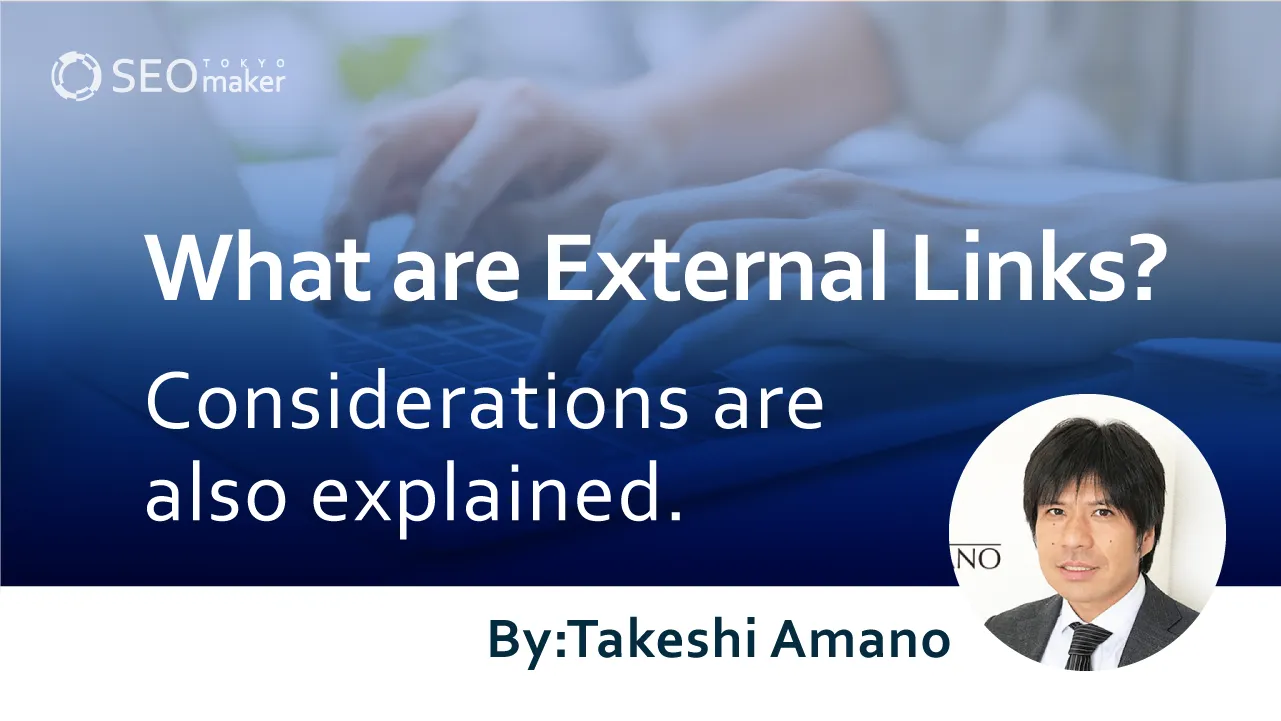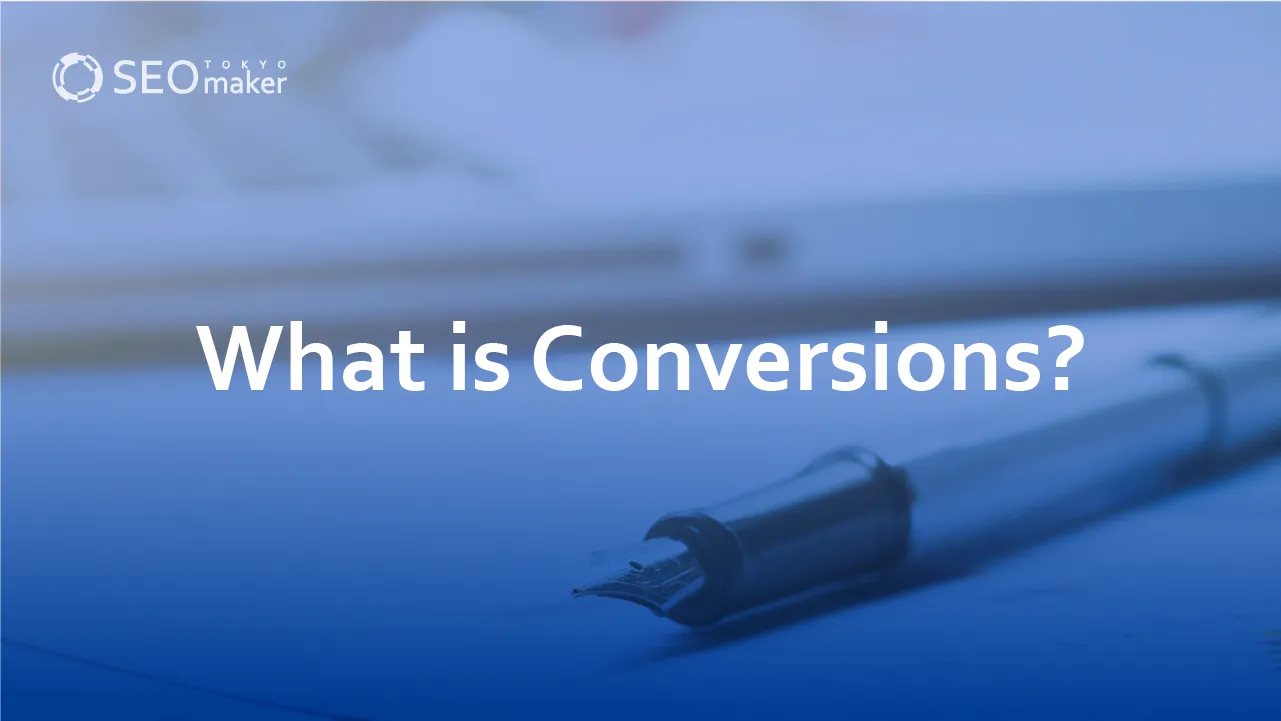What are External Links? Considerations are also explained.
contents
- 1 What are External Links
- 2 The Importance of External Links
- 3 Enhancing the credibility of your content
- 3.1 SEO Benefits
- 3.2 Improved Ratings
- 3.3 Immediate Indexing After Publication
- 3.4 Risks of Outbound Links
- 3.5 Potential Increase in Site Exits
- 3.6 Counterproductive Effects from Linking to Unrelated Sites
- 3.7 Possible Penalties for Certain Outbound Links
- 3.8 The Difference Between Outbound and Inbound Links
- 3.9 Points to Consider for Outbound Links
- 4 Utilization in Accordance with Guideline Standards
- 5 Copied Sites
- 6 Summary

By setting up external links, you can connect your website with other sites. Linking to external sites that are relevant to your content can enhance the credibility of the content on your website. For instance, for a website that deals with numbers or data, it’s crucial to prove that those figures are accurate.
Getting your website linked from other websites, known as backlinks, is considered one of the most critical aspects of SEO strategy. When people visiting other websites are directed to yours, it boosts your SEO. However, to have other websites link to yours, it’s necessary to increase the visibility of your own website.
In this article, we will discuss external links, including strategies for utilizing them and points to be cautious about in SEO.
What are External Links
External links involve linking from your site to another site (outbound linking) or getting your link on another site (inbound linking). In other words, users can move to another site by clicking on these links.
Placing external links can indicate the credibility of your website, offering valuable information to users, thus serving as an SEO strategy. However, it’s not just about having a high number of external links; it’s crucial to link to high-quality sites.
Two Types of External Links
There are two types of external links: inbound links and outbound links.
Inbound External Links
Inbound external links refer to links from other sites to your site. By having other sites link to your site, their visitors can be directed to your site. This is considered one of the most critical aspects of SEO.
Outbound External Links
Outbound external links are links from your site to another site. For example, websites that deal with numbers or data commonly link to official institutions to validate their information.
The Importance of External Links
External links serve as an effective SEO strategy, without which your search ranking and indexing might not improve. For instance, websites that deal with numbers or data need to show where their information comes from. It’s essential to reference the source of such data, especially if it comes from government-operated sites or official organizations, as it enhances the credibility of the content and increases user trust.
Google prioritizes user-first content, meaning that providing valuable information to users can naturally boost your SEO.
However, external links can sometimes negatively affect your website’s Google ranking. Links to low-quality sites or those unrelated to your website’s content can lower your ranking, and linking to copied content may lead to penalties.
Difference from Internal Links
Internal links refer to links that navigate to another page within the same website, useful when more detailed information related to another page is provided elsewhere on your site. Effective internal linking can improve Google’s evaluation of both pages if they are related.
Considerations for External Links
When it comes to external links, it’s crucial to consider that the content of the linked website can either positively or negatively impact your SEO. For example, pages that receive many backlinks from government-related or official organizations are likely to be deemed important by Google, enhancing your SEO if they link back to you.
However, linking from low-quality sites or those that copy content from others, or artificially increasing backlinks can violate Google’s quality guidelines, potentially lowering your site’s evaluation.
Google’s quality guidelines emphasize providing useful information without deception or manipulation.
Do not engage in manipulative practices to improve search engine rankings. A good test is whether you’d feel comfortable explaining what you’ve done to a website that competes with you, or to a Google employee. Quoted from: Webmaster Guidelines (Google)
Outbound Links
Outbound links allow users to automatically jump from one webpage to another.
The SEO Benefits of Outbound Links
To achieve SEO benefits using links, it’s crucial to set up beneficial and credible links. This approach can provide valuable information to users and enhance Google’s evaluation of your site. If you link to sites that lack credibility or are unrelated, it can decrease user trust and lower your visibility in search results.
Thus, having a multitude of links is not necessarily beneficial.
Benefits of Outbound Links
The merits of outbound linking include:
- Enhancing the credibility of your content
- SEO benefits
- Improved ratings
- Immediate indexing after publication
Enhancing the credibility of your content
Linking to reputable websites, such as government agencies or official organizations, can boost the credibility of your content. This is particularly important for content that includes numbers or data, where providing a trustworthy source is crucial.
SEO Benefits
Referencing reliable websites allows you to offer beneficial information to users. Merely listing numbers or data without context doesn’t convey trustworthiness. However, linking to government-related or official websites can provide users with valuable information.
This can improve search engine evaluations and contribute to SEO benefits. Not just for outbound links, but in all SEO efforts, maintaining a user-first approach is crucial.
Improved Ratings
Creating outbound links can potentially enhance the ratings of both the linking and linked pages. This makes necessary information more accessible to users, potentially increasing site traffic.
Immediate Indexing After Publication
Utilizing internal links can make each page more recognizable to search engines, facilitating indexing even for newly published pages. Quick indexing can lead to higher search rankings.
Risks of Outbound Links
However, there are risks associated with outbound linking that require caution:
- Potential increase in site exits
- Counterproductive effects from linking to unrelated sites
- Possible penalties for certain types of outbound links
Potential Increase in Site Exits
External links are commonly used to verify the accuracy of content on your site. However, overreliance on information from external websites can lead to an increase in users opening these external sites, potentially leading to exits. The primary focus should be on your content, using external links to support it.
Linking to sites unrelated to your content can detract from providing valuable information to users. Google emphasizes a user-first approach, and linking to detrimental information can lower your search engine ranking.
Possible Penalties for Certain Outbound Links
Linking to sites with copied content or violating Google’s guidelines can result in penalties. Google’s guidelines emphasize prioritizing user convenience and not engaging in deceptive practices to improve search rankings.
The guidelines suggest creating pages with the user’s convenience in mind not for better search rankings.
Avoid manipulative practices for better search rankings. The lack of guilt when explaining your actions to competitors or Google employees serves as a good test.
Quoted from: Webmaster Guidelines (Google)
The Difference Between Outbound and Inbound Links
Outbound links from your website include external links that move to other websites and internal links that navigate within your site. Inbound links, on the other hand, are when other websites have links that direct to your site.
Outbound links, when linked to high-quality and relevant content, can enhance user evaluation and are expected to have an SEO effect. Inbound links are also crucial in SEO strategies, but they cannot be placed by oneself. In other words, the content of your website must be appealing enough for others to want to link to it.
Points to Consider for Outbound Links
When it comes to outbound links, pay attention to the following:
- Utilization in accordance with guideline standards
- Utilizing pages with high credibility
Utilization in Accordance with Guideline Standards
Google has guidelines that prioritize user convenience and prohibit deceptive practices to improve search engine rankings. It’s essential to use links following these guidelines.
Utilizing Pages with High Credibility
Outbound links are ineffective unless they are to trustworthy pages. For example, pages related to government agencies or official announcements providing primary information are the most effective. Conversely, less credible blogs or Wikipedia may not always ensure the effectiveness of outbound links.
Strategies for External Links
External links are a crucial element of SEO strategy, but it’s necessary for your site to be recognized by external sites. Thus, enhancing the quality of your own site is vital.
Methods to Acquire External Links
Being referenced by external sites can make it easier to be evaluated by Google, aiding in SEO strategy. Therefore, it’s crucial to promote your website. Nowadays, utilizing social media platforms like Twitter or Instagram can increase your site’s visibility and share your contents with a broader audience.
By making your website more recognizable, it becomes easier to acquire external links.
Reference: SEO External Strategy (Off-Page SEO) What are links? Explaining the effects of links and how to obtain them.
Criteria for Judging External Links
While external links are important for SEO, not all websites are suitable. Linking to low-rated websites could actually lower Google’s evaluation of your site.
To discern low-rated websites, use tools like Google Search Console’s “Links to Your Site” feature and other backlink checking tools.
External Links to note
Not all websites guarantee the effectiveness of external links. In some cases, linking externally could lower your rating. Pay special attention to the following types of sites:
- Sites with the sole purpose of collecting links
- Sites involved in the paid trading of links
- Copied content sites
Sites with the Sole Purpose of Collecting Links
Be cautious of websites that are solely focused on linking. These sites do not consider user convenience and do not improve Google’s evaluation.
Sites Involved in Paid Trading of Links
There are sites where external links are traded for a fee. Linking to these sites could violate Google’s guidelines, so caution is needed.
Some SEOs and website owners engage in the trading of links that transfer PageRank, ignoring the quality, source, and long-term impact on their sites. The purchase and sale of links that transfer PageRank are against Google’s Webmaster Guidelines and can negatively affect a site’s ranking in search results.
Quoted from: Paid Links (Google)”
Copied Sites
Websites that simply copy content from other sites are deemed by Google as low-quality content. Linking to such websites can lower Google’s evaluation of your site.
Summary
External links (inbound links) are considered as crucial for SEO strategy because they involve placing links from other pages. Being acknowledged by other sites, especially if those sites are official organizations or government agencies, can significantly enhance a website’s evaluation. For instance, just linking to a government-related site can increase credibility. Moreover, Google’s search engine checks the number of backlinks and their content. If the sites linking back are trustworthy and relevant to the website’s content, it can have a significant effect on SEO.
Return to the top of Japan SEO










![What is a Description? Explaining the Meaning, Writing Style, and Changing Word Count – [2023 Edition]](https://www.switchitmaker2.com/en/wp-content/uploads/2024/09/what-is-description.webp)










